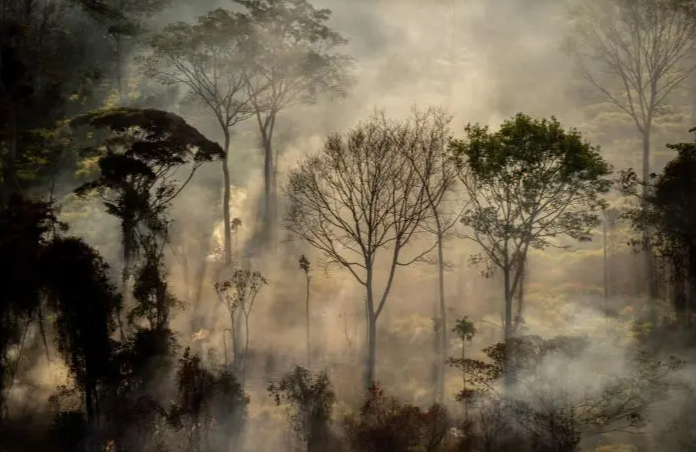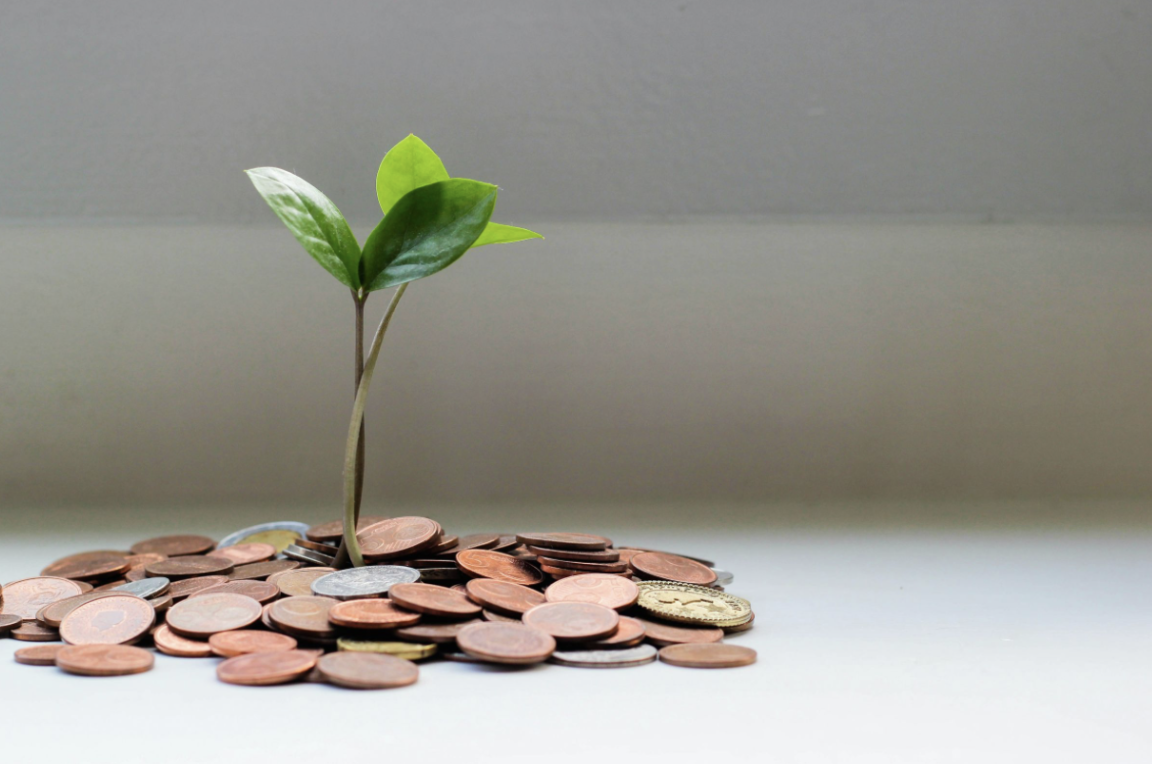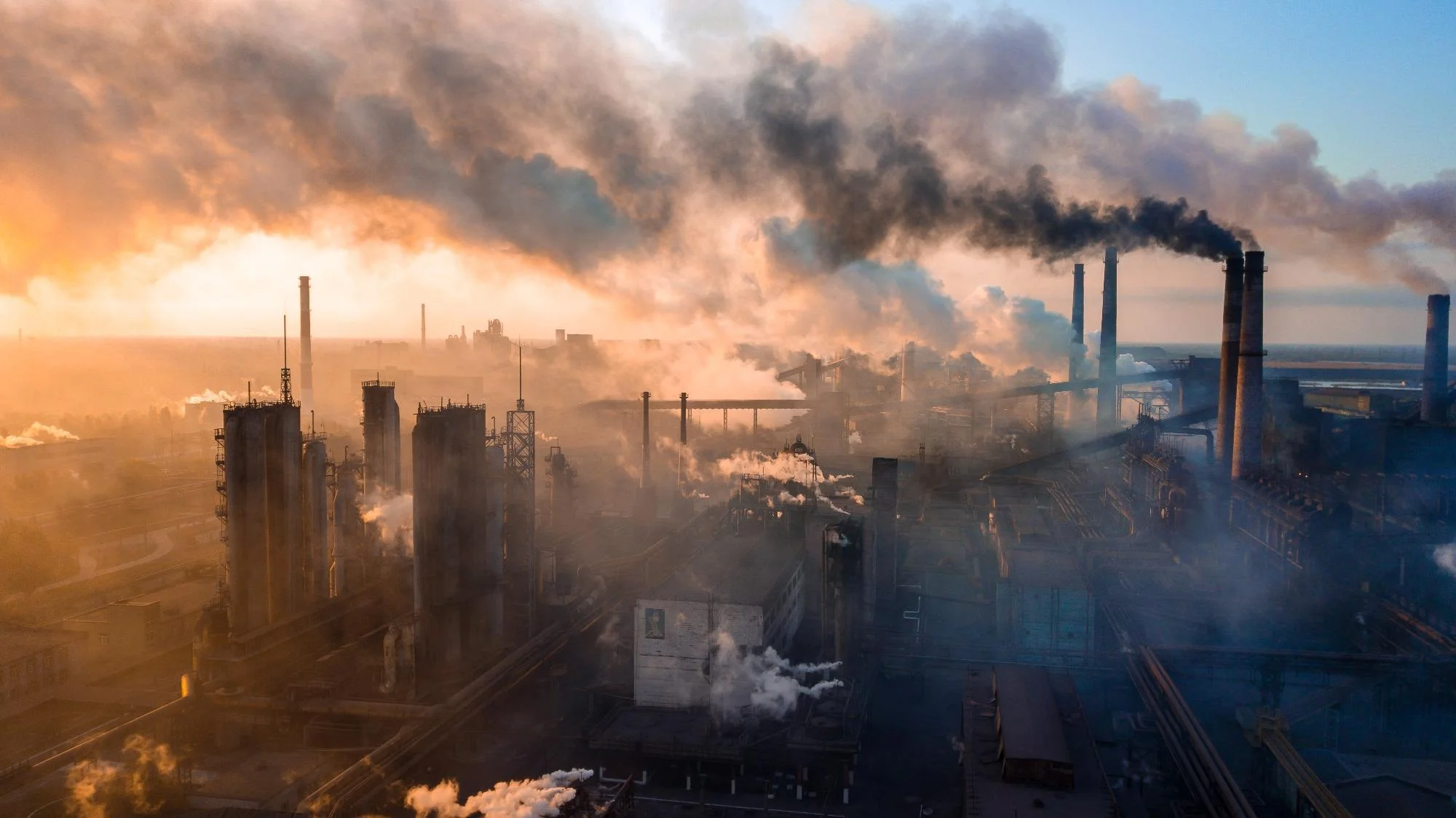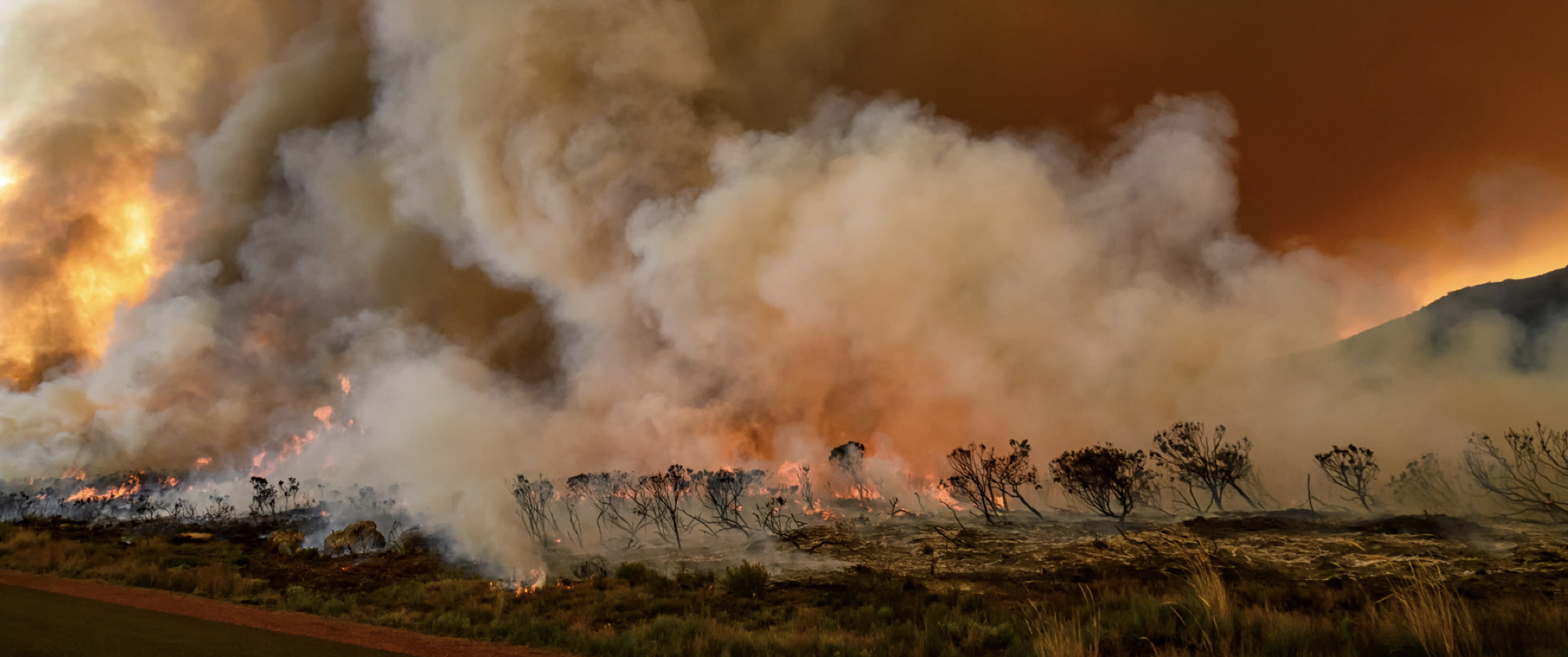Emphasizing that climate change has become a global priority, COP26 was held in Glasgow from 31 October to 12 November 2021 under the presidency of the United Kingdom. The decision to reduce coal gradually at the summit, where the Industrial Revolution began, revealed that coal no longer has a place in energy production. However, the war between Russia and Ukraine today has created an energy problem for Europe. With this situation, we see that the world is turning to coal.
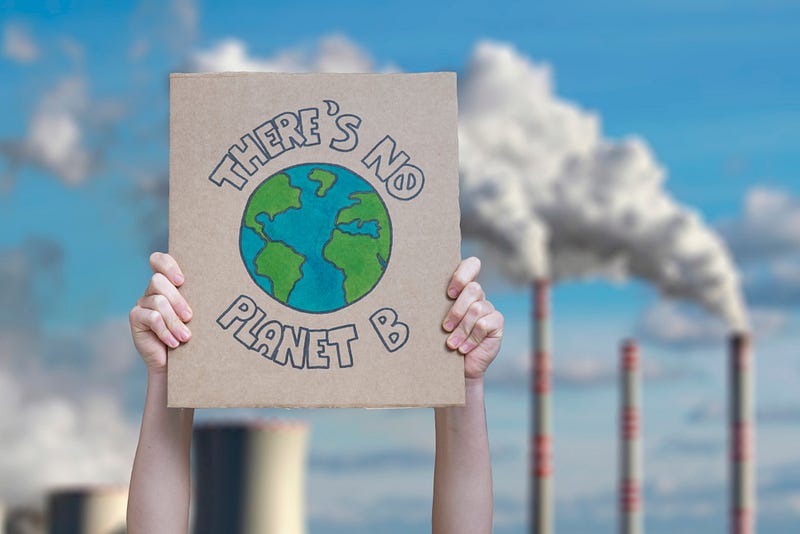
What is Climate Change Conference (COP)?
The Paris Agreement is aimed to reduce carbon emissions to zero worldwide by 2050 (United Nations, 2015). COP summits are of great importance to align with this agreement. Climate change is becoming uncontrollable day by day. This phenomenon should not only be associated with an increase in temperature. In addition to the rise in temperature, it means the deterioration of ecosystems along with many natural events such as drought, floods, melting glaciers, and rising sea levels (URL 1). The Paris Agreement states that to minimize the devastating effects of climate change, the increase in average temperatures should be limited to a maximum of 2°C. It should be limited to 1.5°C if possible (URL 2). One of the most critical steps is possibly reducing greenhouse gases and switching to clean, renewable energies.
The United Nations Climate Change Conference (COP), held in Berlin in 1995 and regularly every year, could not be held in 2020 due to Covid-19 (URL 3). However, the COP had it for the 26th time last year, and more than 30 thousand delegates and political and country leaders attended the meeting (URL 4). The purpose of the meeting, where participation was higher than in other years, is to discuss climate change and how countries can combat it. COP26 is essential as it is the first summit to evaluate progress since the Paris Climate Agreement was signed in 2015.
As a country that has ratified the Paris Agreement for the first time this year, Turkey was also included in the ‘developed countries’ category in the UN Framework Convention on Climate Change (URL 5).
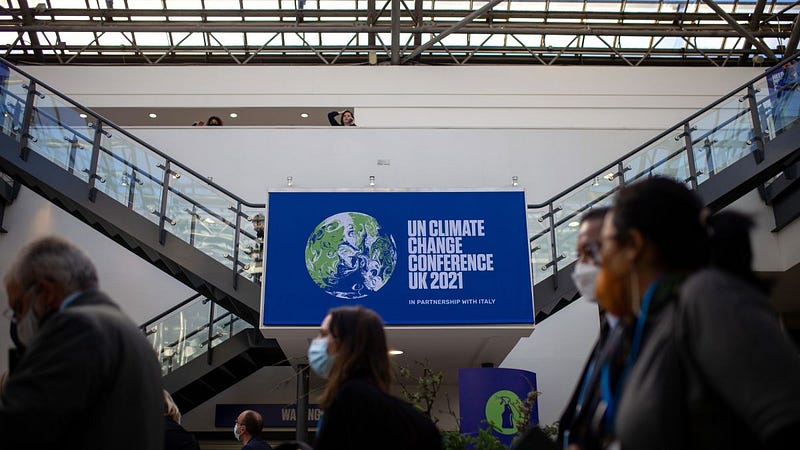
COP26 Decisions
Although the summit, where the expectations were high, could not give the desired results, it was one of the essential steps for the climate movement. At the end of the summit, the Glasgow Climate Pact was prepared. In this Pact, the rule book of the Paris Agreement has been completed, and the 1.5°C emphases has been clarified. It was emphasized that success would be achieved if each country fulfilled its commitments. At the same time, countries agreed to come back next year with new strengthened obligations and a new UN climate program on the mitigation target. Countries must renew their plans every five years, giving the program an official dimension (United Nations Climate Change, 2021).
The UK’s work to prepare for COP26 has focused on: Mitigation, Adaptation, Finance, and Cooperation.
At the summit on reduction, 153 countries set new 2030 emissions targets (United Nations Climate Change, 2021). While India stated that it will reach net zero emissions by 2070, China said it will reach this target in 2060, and Turkey in 2053.
To achieve zero emissions, moving away from coal energy is necessary. One of the most critical steps is not to build new coal power plants (URL 6). Most developed countries have accelerated the transition to cleaner renewable energies. One of these energies is green hydrogen. Many developed countries have accelerated efforts to produce and store green hydrogen. This type of energy is predicted to dominate the market in 2030. With its geographical location, Turkey has a high potential to produce this type of energy and participate in this market. It needs to turn to new kinds of power on the way to net zero.
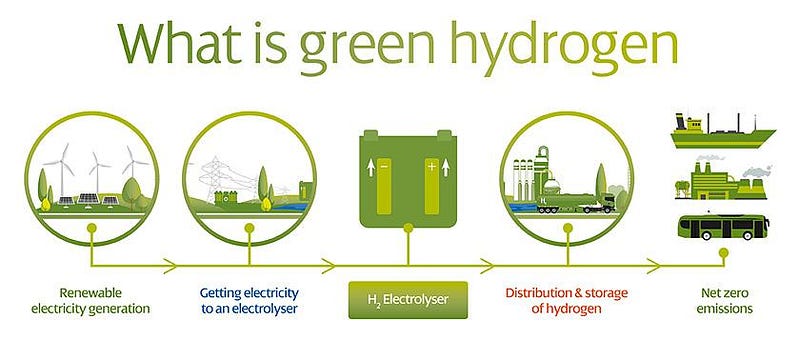
Methane is one of the greenhouse gases that has an essential share in the temperature increase. More than 100 countries have signed the Global Methane Commitment to reduce methane emissions by 30% by 2030 (United Nations Climate Change, 2021).
At the conference, a call was made to accelerate the transition to electric vehicles. Brands such as General Motors, Jaguar, Fiat, Volvo, Audi, Ford, and Volkswagen will produce 100% zero-emission vehicles by 2035 (United Nations Climate Change, 2021). In Turkey, 0.6% of registered cars in 2021 were electric vehicles (TURKSAT, 2021).
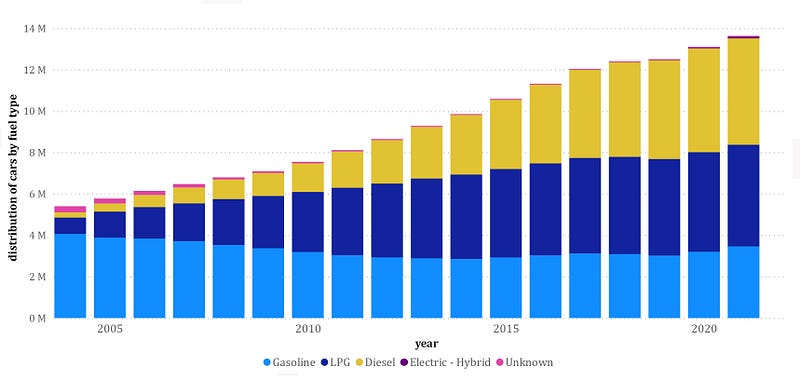
Amazon forest fires in 2019, forest fires in Australia in 2019–2020, forest fires in Antalya and Muğla in 2021 in our country, and forest fires in many parts of the world reveal the effects of climate change. This issue was also discussed at the climate summit, and 137 countries, including Turkey, committed to stopping and reversing forest loss by 2030 (United Nations Climate Change, 2021). This commitment is one of the critical issues for climate change prevention. Since the industrial revolution, deforestation and changes in land use have accelerated climate change, and today many countries have to struggle with forest fires.
Another important topic of the Glasgow Climate Pact is adaptation. At the same time, developed countries carry out the necessary technological transformations to minimize this climate change. Unfortunately, countries that are not at the same level cannot realize this transformation and are exposed to more damage. Due to global warming, island countries risk being submerged largely after the rising sea level (Mimura, 1999). To remedy this injustice, it was committed at COP26 to double the 2019 adaptation finance level by 2025 (United Nations Climate Change, 2021).
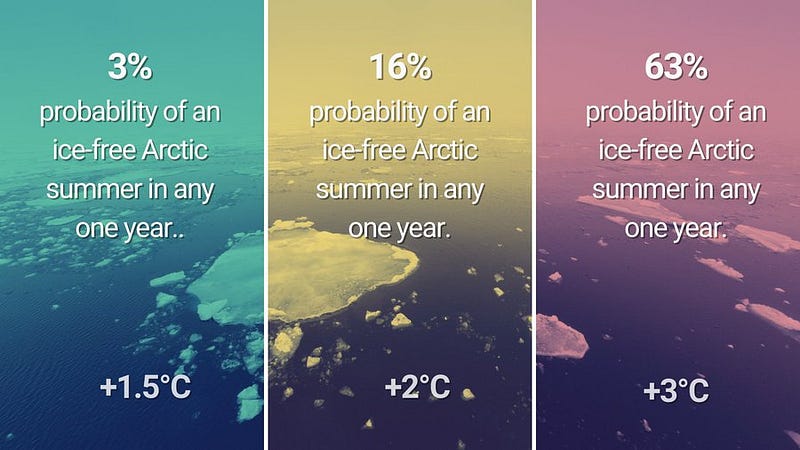
What Happened After COP26?
Europe has spent the last decade trying to ditch fossil fuels like coal and switch to cleaner energy sources. At COP26, European countries expressed that they would be compatible with this process. However, the energy problem created the energy problem, the energy commodity embargoes and gas distribution cuts applied to Europe, and Russia’s war against Ukraine. In Europe, the infrastructure does not yet exist to switch to fully renewable energy. In the short term, Europe is forced to revert to this dirty greenhouse gas-producing coal technology (The Wall Street Journal, 2022).
With dwindling natural gas deliveries from Russia, the German government is temporarily revitalizing coal-fired power plants that are already decommissioned or soon to be retired to replace gas plants, in addition to increasing imports of liquefied gas (LNG) and introducing energy-saving measures. Germany is expected to generate between 20 and 30 million tons of additional CO2 emissions during the year due to more coal-fired electricity generation (URL 7). Although it is said that this situation will not affect Germany’s climate targets, it will not prevent climate change from accelerating.
The International Energy Agency came out with a report saying that only this year global coal consumption will match the record in 2013. And they say they predict this will increase next year (The Wall Street Journal, 2022).
Some European countries have also delayed coal phase-out plans due to supply issues following the war in Ukraine, and emissions are likely to increase by 3% in the region as a result, according to the IEA.
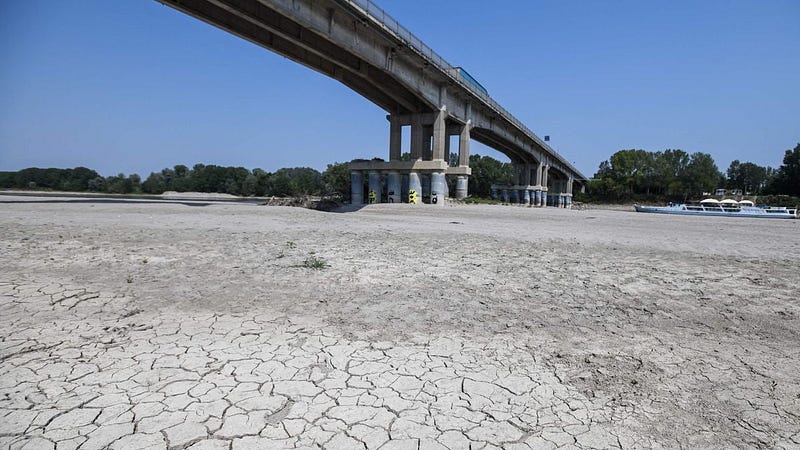
The “Drought in Europe 2022” report prepared by the European Union (EU) Joint Research Center is focused on the possibility of the worst drought in the last 500 years across the continent. According to this report, 44 percent of EU lands are at a “warning” level, and 9 percent are at an “alarm” level of drought risk (URL 8). The most severe drought on the continent is experienced in Italy’s Po River basin. Measurements in the Po area show the lowest water level since records began 70 years ago (URL 9). Due to global warming, record temperatures of 48.8°C were reached on the Italian island of Sicily (URL 10).
2022 — Year of forest fires (URL 10)
Rising temperatures are causing drought and encouraging more fires. Massive amounts of CO2 are released due to fires, greenhouse gas continues to warm the world, leading to a vicious cycle. Many parts of the world have experienced forest fires this year. According to Greenpeace Russia, the “bushfire season” in Russia has started earlier than usual this year due to the climate crisis, and the area of fire affected is already twice the size of last year. Satellite data from the Brazilian Institute for Space Research (INPE) shows that 2,287 fires broke out in the Brazilian Amazon in May — a 96 percent increase from May last year (URL 10).
According to some studies, this milestone will be reached when 20% to 25% of the Amazon forest area is lost due to deforestation. Given that about 17% of rainforests have already disappeared, we are dangerously close to a catastrophic tipping point (URL 11). The Amazon rainforest stores an estimated 80 to 120 billion tons of carbon. It acts as a natural air conditioner with its vast storage capacity and by creating its air. This is one of the reasons why it is seen as one of the global climate breaking points (URL 12).
The developments since COP26 show that there are alarms about climate change worldwide. We are now witnessing what will only get worse in the future. If we don’t start changing things, it will be too late. The problem of an energy shortage, which began in many places with the war against Ukraine, also shows how much we lack in realizing the climate targets. It is necessary to see this situation as a good chance and accelerate the medium and long-term clean energy transition plans. We need cleaner air, water, and soil resources for a livable world. For these resources, we need to change our urban behavior as individuals.
References
Mimura, N. (1999). Vulnerability of Island Countries in The South Pacific to Sea Level Rise and Climate Change. Climate Research, 12(2–3), 137–143.
The Wall Street Journal. (2022). Europe Is Turning to Coal. What Does That Mean for Climate Change? WSF Podcast, The Journal.
TURKSTAT. (2021). Distribution of Cars Registered to The Traffic According to Fuel Type, 2004–2021.
United Nations. (2015). Paris Agreement.
United Nations Climate Change. (2021). COP26: The Glasgow Climate Pact.
URL 1: WWF, Climate Change.
URL 2: United Nations Climate Changes, Key aspects of the Paris Agreement. (2018).
URL 3: United Nations Climate Changes, Conference of the Parties (COP).
URL 4: Euronews, Countries Most Affected by Global Warming are Least Represented at COP26.(2021).
URL 5: BBC News Turkey, COP26: What will Turkey do at the Climate Change Conference in Glasgow?. (2021).
URL 6: Danube Region Strategy, Forging a climate-resilient Europe — the new EU Strategy on Adaptation to Climate Change. (2021).
URL 7: Clean Energy Wire, Q&A: Is Germany reverting to coal to fight the gas supply crunch?. (2022).
URL 8: European Commission — JRC, Drought in Europe July 2022. (2022).
URL 9: Greenpeace Deutschland, Amid the Climate Crisis. (2022).
URL 10: Greenpeace Deutschland, From Brazil to Brandenburg — Wildfires on The Rise Worldwide. (2022).
URL 11: Greenpeace International, How Deforestation Is Pushing The Amazon to A Climate Tipping Point. (2022).
URL 12: Greenpeace Deutschland, Forests of the World. (2022).
